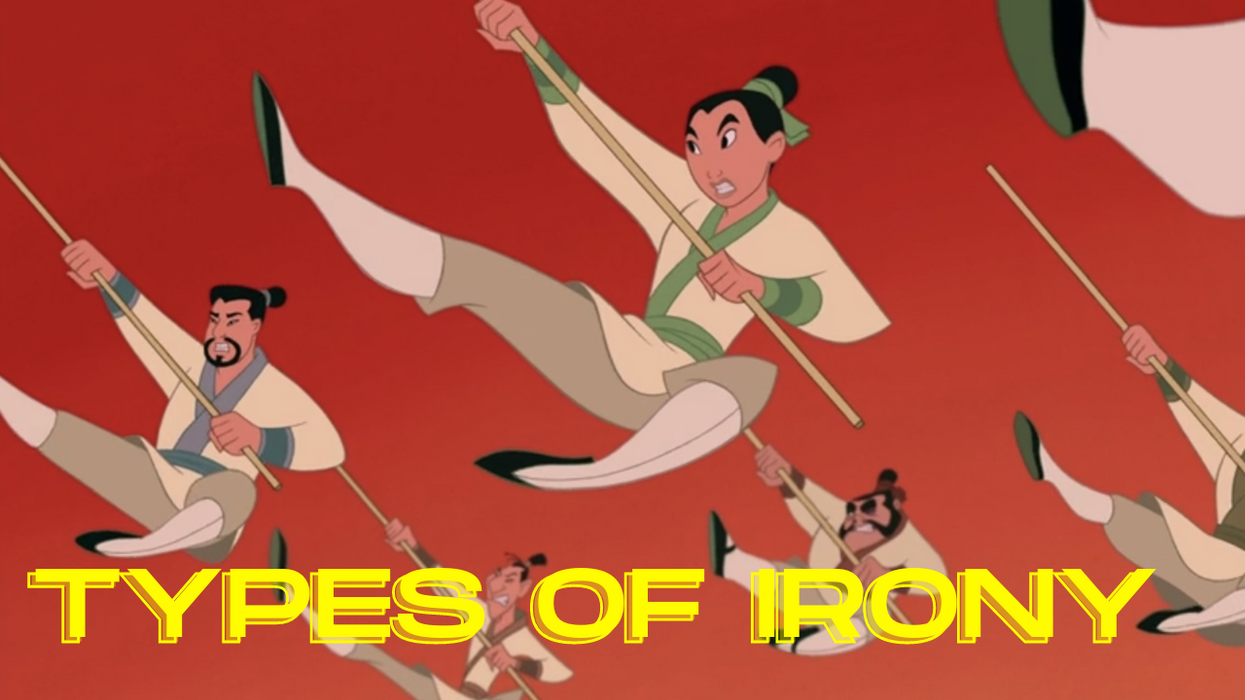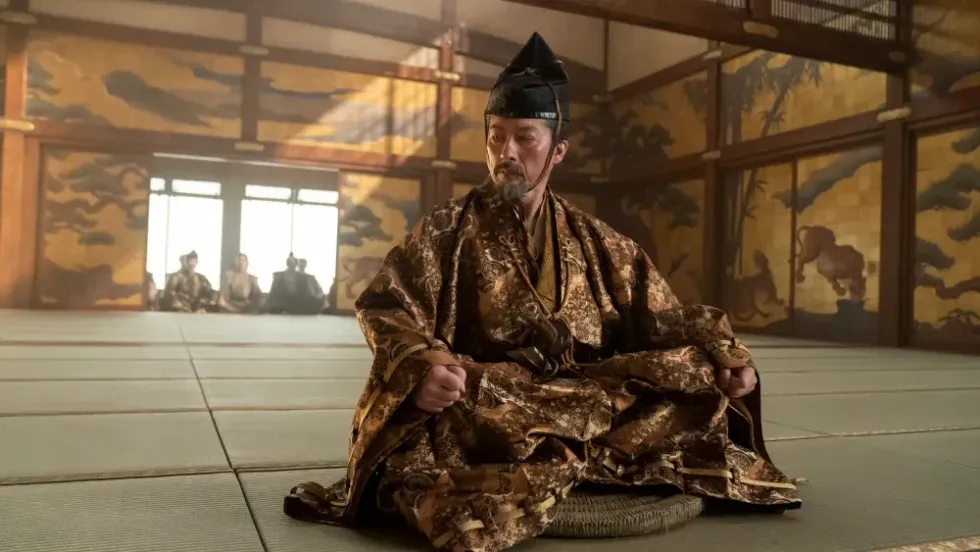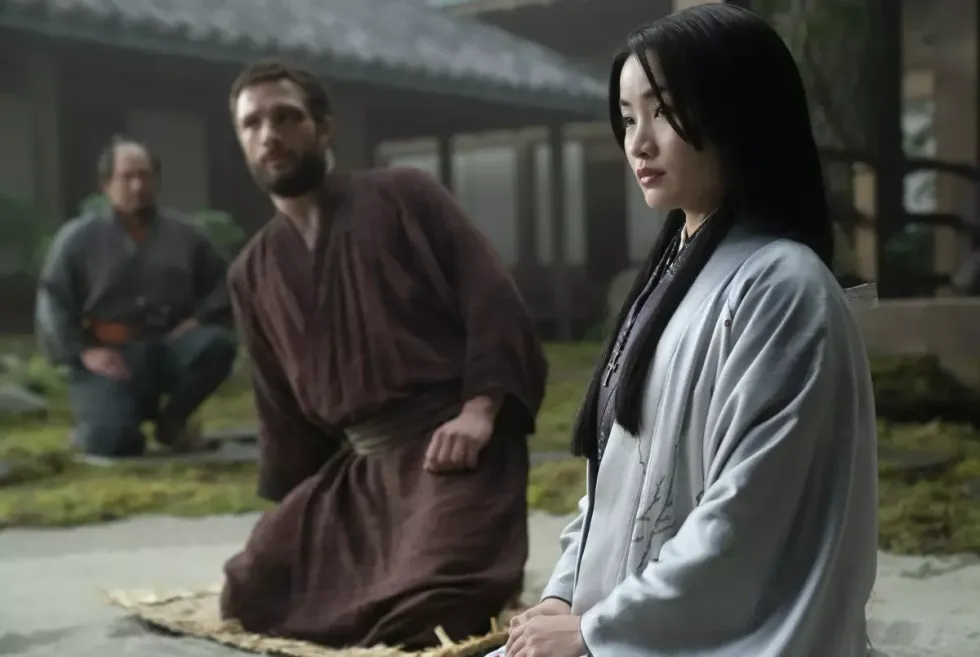What Are the Types of Irony? (Definition and Examples)
Did you come here to learn the types of irony? What if you knew them all along? That would be... never mind.

Film and television shows follow the longstanding tradition of literature, using lessons and techniques to get their points across. We're going to look at irony in film and television.
Irony is one of those things you kind of know when you see or hear it on screen, but it's much harder to define and put into layman's terms. But don't worry, we have you covered there. Today, we're going to get into all that, provide examples, and talk about how irony can elevate your writing and directing.
These ironic stories can help your next project, so pay attention.
Let's jump in without hesitation.
What are the types of irony?
Before we get into the specific types of irony, I wanted to make sure we understood the broad strokes of the topic and how it applies to different elements in film and television. If you expect A, but you get B... that's irony.
Irony meaning and definition

'Deadpool'
Disney
Irony is a literary technique where the full significance of a character's words or actions is clear to the audience but unknown to the character. It's basically giving the viewer all the information and making the result of that information affect the character.
Define ironic
Ironic plays off irony, in that it is the expression of meaning by using language or images that normally signify the opposite of what you see/hear. This is used to emphasize a situation or for comedic purposes.
This all pays off in entertainment with dramatic irony.
What Does 'Dramatic Irony' Mean?
 'Romeo + Juliet'
'Romeo + Juliet'Fox
As I mentioned, dramatic irony takes a set of events or a scene and juxtaposes it against what's occurring on the screen (or page). Let's look at some examples to help illustrate this.
The most simple example is from literature when Romeo decides to kill himself, thinking Juliet is dead when we all know she's just in a deep sleep. I like to think of it as those times in the movie theater where you're yelling at the screen.
Audiences scream, "Don't go in there!" because they know what's behind that door, but the character doesn't.
There are three types of irony in drama. We'll cover them and their examples later, but let's look at the dictionary definition first.
Dramatic irony definition
This definition is from the dictionary: "A literary or film technique, originally used in Greek tragedy, by which the significance of a character's words or actions is clear to the audience or reader although unknown to the character."
While it's sort of clear, I think we probably need to look into the different types of irony to understand how we can use it in our writing.
So what are the three main types of irony?
What Does 'Verbal Irony' Mean?
 'Snow White and the Seven Dwarfs'
'Snow White and the Seven Dwarfs'Disney
Verbal irony
Ready for some witty wordplay? Verbal irony allows characters to spar with one another, trading quips, jabs, and other remarks.
The verbal irony definition
In movies and TV, these are lines given that directly contradict what we see on screen. A lot of times these can be sarcastic comments, but they're not always supposed to be mean or snippy. Sometimes these are self-deprecating, or lines that one character believes, but the audience knows there's humor behind them.
Sort of like the "You either die a hero..." line from The Dark Knight. We know that Harvey is describing Bruce's alter ego. Even though Harvey thinks he's delivering a sick burn.
A lot of verbal irony is ironic humor.
Verbal irony is encapsulated in the use of words to mean something different than what they appear to mean.
What Does 'Situational Irony' Mean?

'Monster's University'
Disney
Situational irony
I mean, watch the Alanis Morisette video for lots of examples. Or keep reading.
Situational irony definition
Situational irony is the difference between what is expected to happen and what happens on the screen or page. I like to think of it in terms of Pixar's masterpiece, Monsters, Inc. The whole movie is built on the premise that monsters, scary and terrifying monsters, are emotional beings just trying to give their world some electricity.
Pixar sort of built its name on situational irony. It's present in almost all of their films, from what if toys had feelings, to what if feelings had feelings. What they do with these ironic situations is to imbue them with empathy and wonderment to keep audiences connected. We cover a lot of these lessons in our Free Pixar E-book.
What Does 'Tragic Irony' Mean?

'Lost'
ABC
Tragic irony
Finally, some heartbreak. Think Romeo and Juliet killing themselves without realizing they could have been together after all. This is a hard one. Read the definition of tragic irony, but don't be too sad... tragic irony usually helps when dealing with a genre like dark comedy.
Tragic irony definition
This is a type of irony where the audience is aware that a character's words or actions will bring a tragic result, but the character is not aware of that impending doom.
One of the most obvious ones has to be Snow White's eating of the poisoned apple. We can see from afar that Snow White is in danger, but no matter how hard we yell at the screen, she's going to take a bite.
What about scenes that are tragic?
I have to think about the episode of LOST that still causes me to tear up. In Through the Looking Glass, the audience is clued in that Desmond has foreseen Charlie's death. And we keep waiting for it. There are several fake-outs, and Charlie promises to stay away from the water.
But as the episode comes to a close, and Charlie figures out that the vessel that's coming close means to harm the characters, he makes the sacrifice we've all been waiting to see happen. And Desmond knows when Charlie presses his hand on that glass that it's all over.
I'm not sure that's a specifically tragic irony, but it is a two-part episode that revolves around Desmond knowing what Charlie does not. And it crushes me every time.
Tragic irony examples in movies
I know we covered a lot of examples in movies earlier, but let's jump into a few more examples to nail it down and talk about how it can make your writing better. Like, what if you need to build tension in a scene? In the opening of Scream 2, we have some perfect tragic irony.
We know the killer is next to her, so everything she does makes us cringe in anticipation. This doubles as a great tragic irony, because we know beyond a shadow of a doubt this will end with her demise.
Let's use another death to deliver irony—specifically, Mufasa's death in The Lion King. (Sorry, childhood.) When Scar finds a mourning Simba, we get great use of irony against the main character. Scar makes Simba believe he caused his father's death. It makes Simba doubt his place among the pride.
The audience understands that Scar murdered Simba's dad. But Simba's not clued in on that ironic detail.
And it causes him to run away until that lesson can be learned later.
What is the Purpose of Irony?

What's ironic in The Lion King?
CREDIT: DisneySo why do we use these kinds of tricks?
I think the main thing is to grab attention. Directors and writers can use irony to make their audience stop and think about what has just been said, or to emphasize a central idea given the visuals at hand.
We often get so caught up in what creators are doing, that we forget the audience has a role to play. They need to be active watchers and viewers, understanding the difference between what has been said and what is the truth.
What is The Opposite of Irony?
 'Ted Lasso'
'Ted Lasso'Apple
The direct opposite of an ironic situation is one that's sincere. A sincere situation in film and TV happens in shows like This is Us or even Ted Lasso. It's something heartfelt and usually on-the-nose. It's characters sharing their feelings and being open with one another.
Think about Love Actually. It sort of embodies that.
Irony vs. Coincidence
 'Punch Drunk Love'
'Punch Drunk Love'One of the things people confuse is the idea of irony versus coincidence. See, coincidence is the unexpected happening in one or more events.
But irony refers to different, singular events happening that result in the expressed opposite of what is seen or heard.
Irony involves a contrast between what is expected and what actually happens or between the literal and intended meaning of words, while coincidence refers to unrelated events that happen to align in a seemingly meaningful way by chance.
While they are different concepts, both irony and coincidence can play essential roles in literature and life, often adding intrigue and interest to our experiences.
The Three Layers of Irony
The concept of the three layers of irony is commonly associated with literary analysis and interpretation. It refers to the multiple levels of irony that can be present in a piece of writing, particularly in literary works. These layers add depth and complexity to the meaning of the text.
They are verbal, situational, and dramatic irony.
All the definitions we've covered today are what encompass the layers of irony. These layers are useful in every aspect of your writing and directing.
I think they're incredibly efficient in getting story, plot, and character across.
What are some of your favorite examples of irony in literature, film, and television?
Do you think there are more lessons to learn when it comes to using it in film and TV?
Let me know what you think in the comments.

 ShōgunFX
ShōgunFX ShōgunKatie Yu/FX
ShōgunKatie Yu/FX









